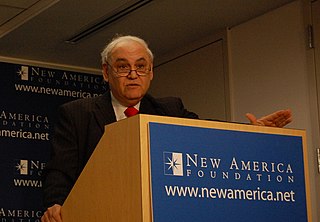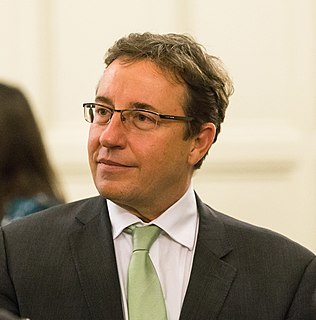A Quote by John Maynard Keynes
It is preferable to regard labour, including, of course, the personal services of the entrepreneur, and his assistants, as the sole factor of production, operating in a given environment of technique, natural resources, capital equipment and effective demand. This is why we have been able to take labour as the sole physical unit which we require in our economic system, apart from units of money and of time.
Quote Topics
Able
Apart
Assistants
Been
Capital
Course
Demand
Economic
Economic System
Effective
Entrepreneur
Environment
Equipment
Factor
Given
His
Including
Labour
Money
Natural
Natural Resources
Operating
Our
Personal
Physical
Production
Regard
Require
Resources
Services
Sole
System
Take
Technique
Time
Unit
Units
Which
Why
Related Quotes
If the helplessness and isolation of labour, who have nothing to sell but their labour, can be totally removed by connecting labour with capital through a universal credit system, we'll then have other kinds of actors on the economic scene different from what the existing capitalist world would allow us to bring out.
GDP has been a con perpetrated upon the poor of the world: a measure of economic activity and not of actual wealth. What it masks is the way in which we transform their natural capital into our consumption through international rules that regard the ecosystem services upon which they rely as mere externalities.
Smith, as we have said, was not the proponent of any one class. He was a slave to his system. His whole economic philosophy stemmed from his unquestioning faith in the ability of the market to guide the system to its point of highest return. The market — that wonderful social machine — would take care of society's needs if it was left alone. "Consumption is the sole end and purpose of all production," he wrote.
Money is not a part of the visible sector of the economy; people do not consume money. Money is not a physical factor of production, but rather a yardstick for measuring economic input, economic outtake and the relative values of the real goods and services of the economic world. Money provides a method of measuring obligations, rights, powers and privileges. It provides a means whereby certain individuals can accumulate claims against others, or against the economy as a whole, or against many economies.
If we've learned any lessons during the past few decades, perhaps the most important is that preservation of our environment is not a partisan challenge; it's common sense. Our physical health, our social happiness, and our economic well-being will be sustained only by all of us working in partnership as thoughtful, effective stewards of our natural resources.
Throughout the industrial era, economists considered manufactured capital - money, factories, etc. - the principal factor in industrial production, and perceived natural capital as a marginal contributor. The exclusion of natural capital from balance sheets was an understandable omission. There was so much of it, it didn't seem worth counting.
The programme of the British Labour Party under Neil Kinnock is so wildly irresponsible, so separate and apart from the historic NATO strategy, that I think a Labour government that stood by its present policies - and I rather doubt that they would - would, if it didn't destroy the Alliance, at least diminish its effective ability to do the task for which it was created.
U.K. aid spending in India is that it ensures that we are able to work with our partners to develop their markets, business and enterprise, to boost labour standards and rights and, ultimately, to boost the incomes of the poorest which, in the long term, boosts demand for British goods and services.
We need to create jobs for 300,000 youth graduating from high school in the next three years. We need to produce growth so we can have an economic system that can turn our natural wealth into a productive system. We need services, because poverty reduction cannot take place without effective citizenship.
Anarchism is a definite intellectual current in the life of our times, whose adherents advocate the abolition of economic monopolies and of all political and social coercive institutions within society. In place of the present capitalistic economic order Anarchists would have a free association of all productive forces based upon co-operative labour, which would have as its sole purpose the satisfying of the necessary requirements of every member of society, and would no longer have in view the special interest of privileged minorities within the social union.

































